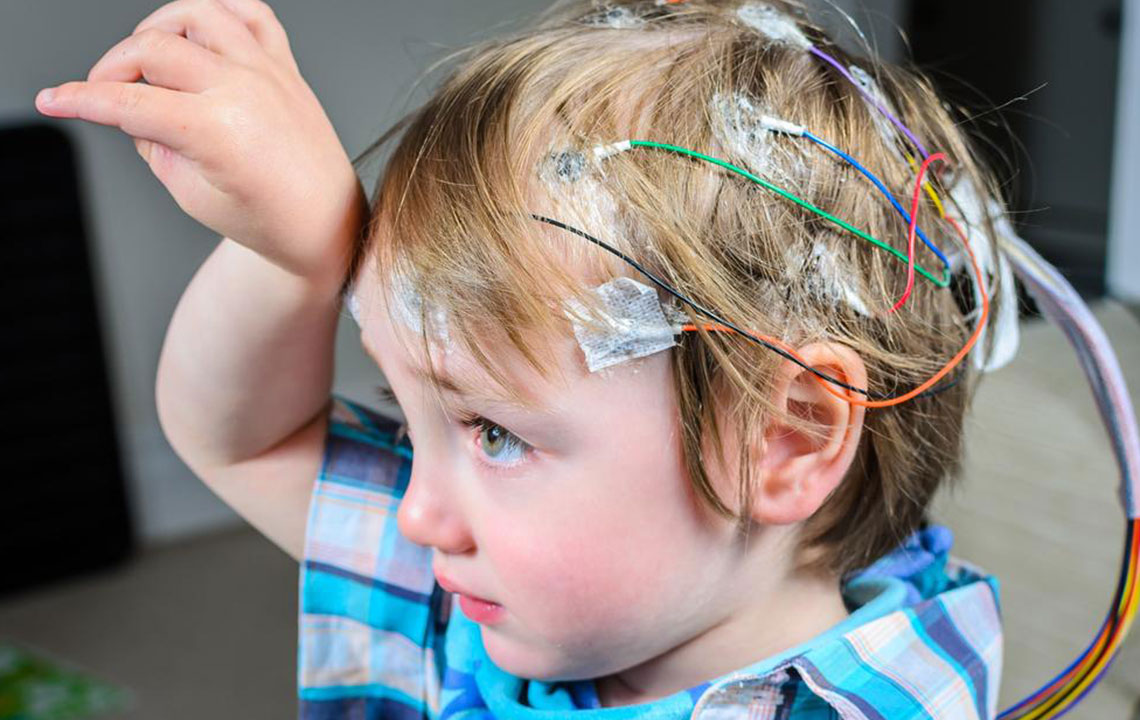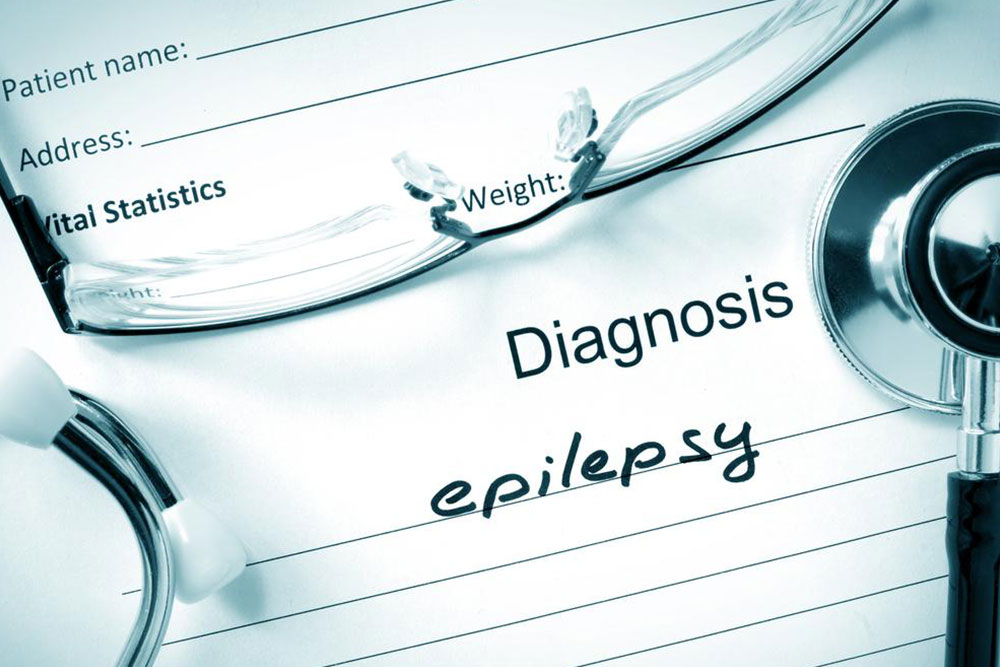Effective Strategies for Managing Epilepsy
Discover effective strategies for managing epilepsy, including medication options, lifestyle tips, and advanced treatments. This comprehensive guide emphasizes personalized care, lifestyle adjustments, and medical interventions aimed at reducing seizures and enhancing life quality. Understand the importance of tailored treatment plans, potential side effects, and additional therapies like surgery and neurostimulation. Stay vigilant about triggers like sleep deprivation and stress, and consult healthcare professionals regularly for optimal management of this neurological condition.

Strategies for Managing and Treating Epilepsy
Epilepsy is a neurological disorder characterized by recurrent seizures, originating from abnormal electrical activity in the brain. The causes vary and include genetic factors, head injuries, or pre-existing brain conditions. Despite sharing a common symptom pattern, each case requires personalized treatment plans. Accurate diagnosis is essential for effective management, considering the root cause and individual health factors. Treatment options include medications, lifestyle modifications, and sometimes surgical interventions. Proper management aims to reduce seizure frequency and improve quality of life for those affected.
Medications are the primary treatment, with over 80% of patients experiencing significant seizure reduction. While there’s no definitive cure, proper drug regimens help control symptoms. Choice of medication depends on factors such as age, gender, health status, and potential side effects. Common drugs include Divalproex, Carbamazepine, and Phenytoin, alongside newer options like Lamotrigine and Levetiracetam. Women with epilepsy need special care due to effects on pregnancy, birth control, and hormonal health. If medications are ineffective, other treatments like ketogenic diets or surgeries may be considered. Lifestyle changes, including avoiding alcohol and managing sleep, are crucial in prevention.
Additional Therapies
Other treatment options include ketogenic diets, surgical procedures, and nerve stimulation devices, all performed under medical supervision. Maintaining a healthy lifestyle by managing stress, sleeping adequately, and avoiding seizure triggers is vital. Overexertion and sleep deprivation are common seizure triggers, so balance is key. Regular consultation with your healthcare provider ensures optimal management and adjustment of treatment plans, improving overall quality of life for epilepsy patients.










